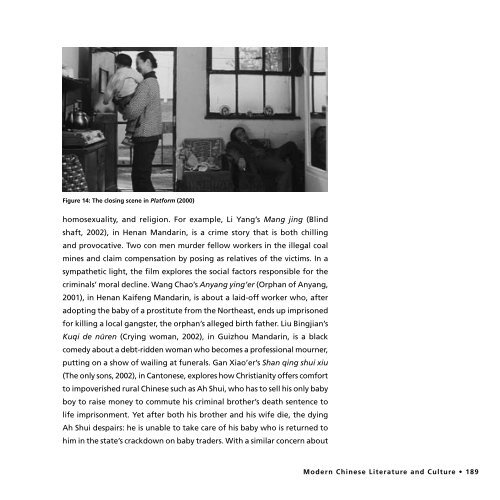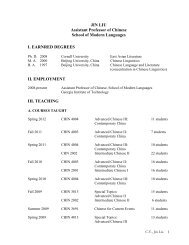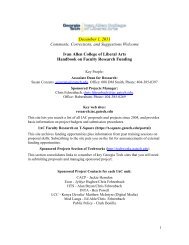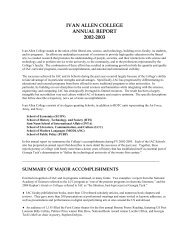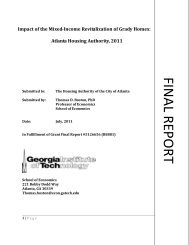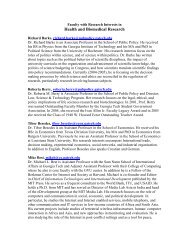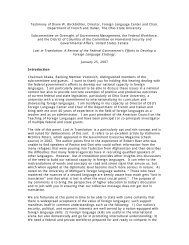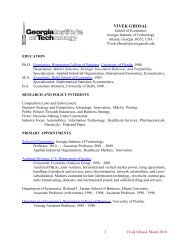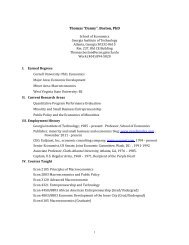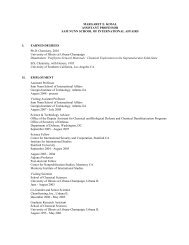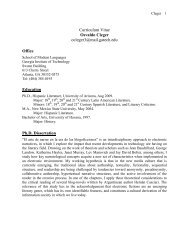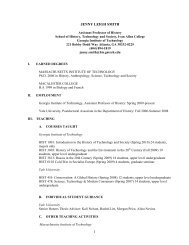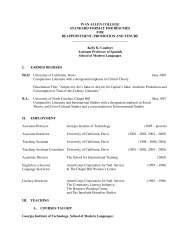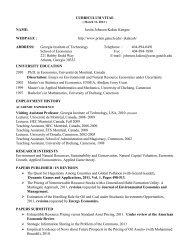Read this paper
Read this paper
Read this paper
Create successful ePaper yourself
Turn your PDF publications into a flip-book with our unique Google optimized e-Paper software.
Figure 14: The closing scene in Platform (2000)<br />
homosexuality, and religion. For example, Li Yang’s Mang jing (Blind<br />
shaft, 2002), in Henan Mandarin, is a crime story that is both chilling<br />
and provocative. Two con men murder fellow workers in the illegal coal<br />
mines and claim compensation by posing as relatives of the victims. In a<br />
sympathetic light, the film explores the social factors responsible for the<br />
criminals’ moral decline. Wang Chao’s Anyang ying’er (Orphan of Anyang,<br />
2001), in Henan Kaifeng Mandarin, is about a laid-off worker who, after<br />
adopting the baby of a prostitute from the Northeast, ends up imprisoned<br />
for killing a local gangster, the orphan’s alleged birth father. Liu Bingjian’s<br />
Kuqi de nüren (Crying woman, 2002), in Guizhou Mandarin, is a black<br />
comedy about a debt-ridden woman who becomes a professional mourner,<br />
putting on a show of wailing at funerals. Gan Xiao’er’s Shan qing shui xiu<br />
(The only sons, 2002), in Cantonese, explores how Christianity offers comfort<br />
to impoverished rural Chinese such as Ah Shui, who has to sell his only baby<br />
boy to raise money to commute his criminal brother’s death sentence to<br />
life imprisonment. Yet after both his brother and his wife die, the dying<br />
Ah Shui despairs: he is unable to take care of his baby who is returned to<br />
him in the state’s crackdown on baby traders. With a similar concern about<br />
Modern Chinese Literature and Culture • 189<br />
MCLC 18.2.indd 189<br />
12/20/06 2:01:39 PM


